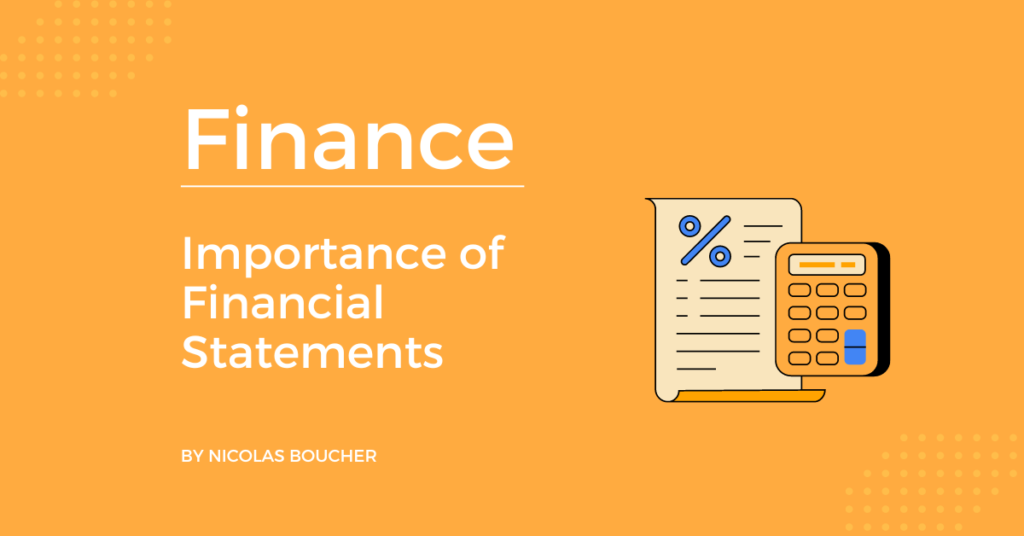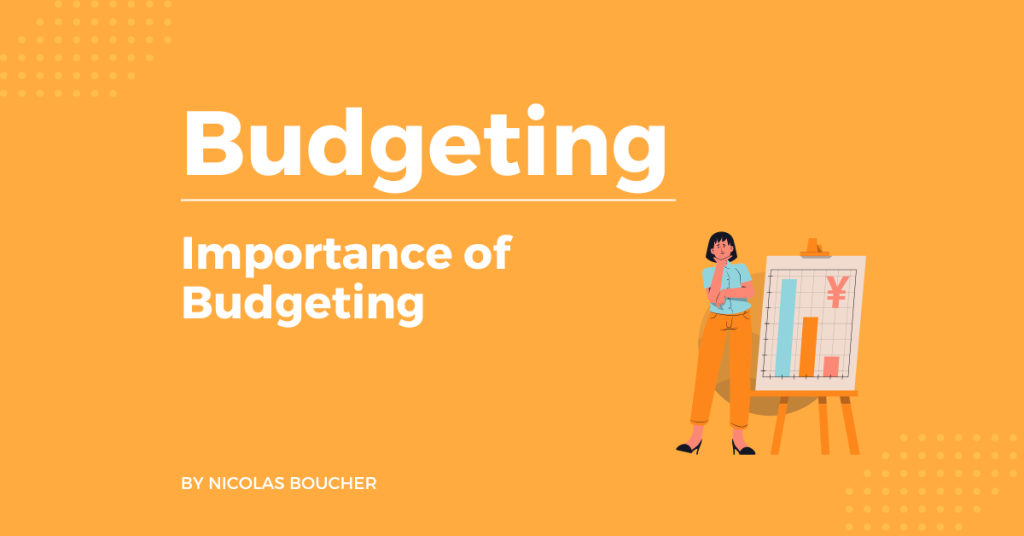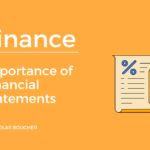Choosing a finance career path is a significant decision that can shape your professional trajectory.
Moreover, with the numerous opportunities available in the finance industry, it’s crucial to explore different paths to find the one that aligns with your interests and goals.
Here you will learn more about the top three finance career paths: accounting, financial planning and analysis (FP&A), and tax.
Table of Contents
Why Is It Important to Choose Your Career Path?
Selecting the right career path is essential for several reasons.
- Firstly, it allows you to specialize in a specific area, enabling you to develop deep expertise and stand out in the competitive job market.
- Secondly, choosing a career path aligned with your interests and skills enhances job satisfaction and increases the likelihood of long-term success.
- Lastly, having a clear career trajectory provides a roadmap for professional growth and advancement opportunities.
The Essential Finance Career Paths
Here are the details about the finance career paths.
Accounting
Here is what you need if you want to pursue a career in accounting:
Education
To pursue a career in accounting, a bachelor’s degree in Accounting, Finance, or a related field is essential. Additionally, obtaining certifications such as Certified Public Accountant (CPA) or Certified Management Accountant (CMA) can significantly enhance career prospects.
Junior Role – Financial Accountant
As a junior accountant, you will primarily focus on financial statement preparation, basic bookkeeping tasks, and providing assistance with form preparation.
Senior Job – Senior Accountant
In a senior accountant role, you will review the work of junior accountants, ensure compliance with accounting standards, and handle more advanced accounting tasks.
Management Position – Accounting Manager
As an accounting manager, you will oversee the accounting department, develop accounting policies, and manage financial internal controls to ensure the accuracy and integrity of financial information.
Financial Planning & Analysis (FP&A)
Here is what you need if you want to pursue a career in FP&A:
Education
A bachelor’s degree in Finance, Economics, or Business Administration is typically required for a career in FP&A. Additionally, pursuing certifications such as Financial Planning and Analysis Certification (FPAC) or completing relevant online courses can enhance your skills and marketability.
Junior Job – Junior FP&A Analyst
As a junior FP&A analyst, your responsibilities will include analyzing financial data, creating financial models, and preparing financial performance reports.
Senior Job – Senior FP&A Analyst
In a senior FP&A analyst role, you will manage a budget area, collaborate with other departments on performance initiatives, and present financial analyses to management.
Management Position – Finance Manager
As a finance manager, you will oversee the financial planning function, lead budgeting efforts, and drive strategic performance initiatives across the organization.
Tax
Here is what you need if you want to pursue a career in tax:
Education
To pursue a career in tax, a bachelor’s degree in Accounting, Finance, or a related field is typically required. Also, obtaining certifications such as CPA (Certified Public Accountant) or CTA (Chartered Tax Advisor) can significantly enhance career prospects.
Junior Job – Tax Associate
As a tax associate, your responsibilities will include preparing and filing tax returns, conducting tax research, and identifying tax-saving strategies for clients.
Senior Job – Tax Senior
In a senior tax role, you will oversee the work of tax associates, provide tax planning services to clients, and handle complex tax issues.
Management Position – Tax Manager
As a tax manager, you will supervise the tax department, develop tax policies and strategies, and collaborate on tax-related matters with other departments.
Wrap-Up – Choose Your Career Path Wisely!
The finance industry offers diverse and rewarding career paths.
Furthermore, accounting, FP&A, and tax each provide unique opportunities for growth and professional development.
Therefore, by understanding the educational requirements and job responsibilities within each field, you can make an informed decision about which finance career path aligns best with your skills, interests, and long-term goals.
Lastly, do you find the obstacle in your career you are facing frustrating? Then, you are in the right place! Start learning today and fulfill your potential with this unique finance course and become a high-performing finance professional.
Key Takeaways
- Choosing the right finance career path is crucial for specialization, job satisfaction, and long-term success.
- Accounting offers opportunities in financial statement preparation, compliance, and management positions.
- FP&A involves financial analysis, modeling, and strategic initiatives to drive organizational performance.
- Tax careers focus on tax planning, research, and management of complex tax issues.
- Obtaining relevant certifications can significantly enhance career prospects in the finance industry.











